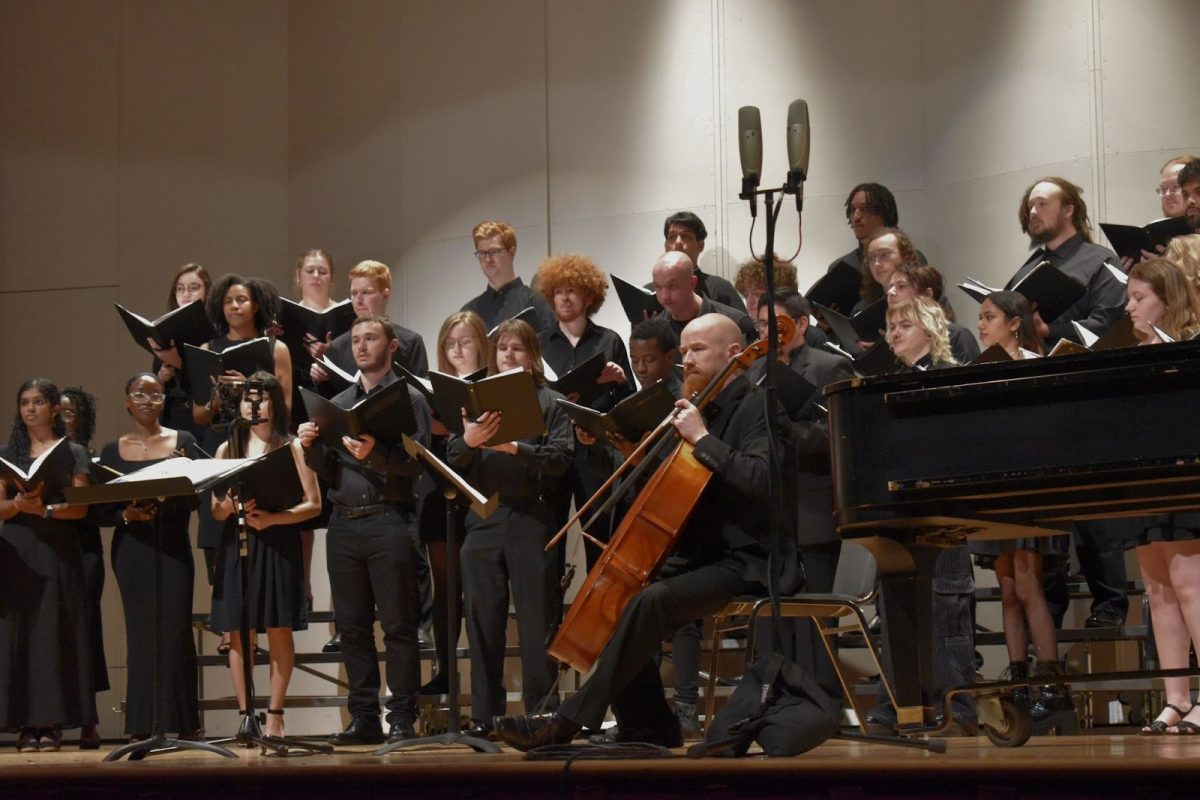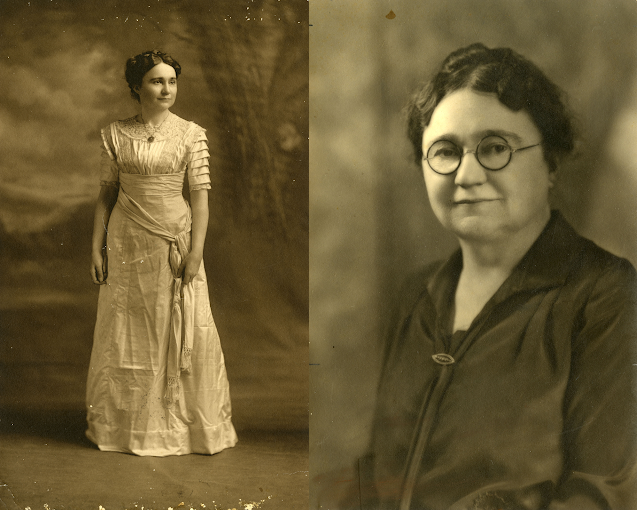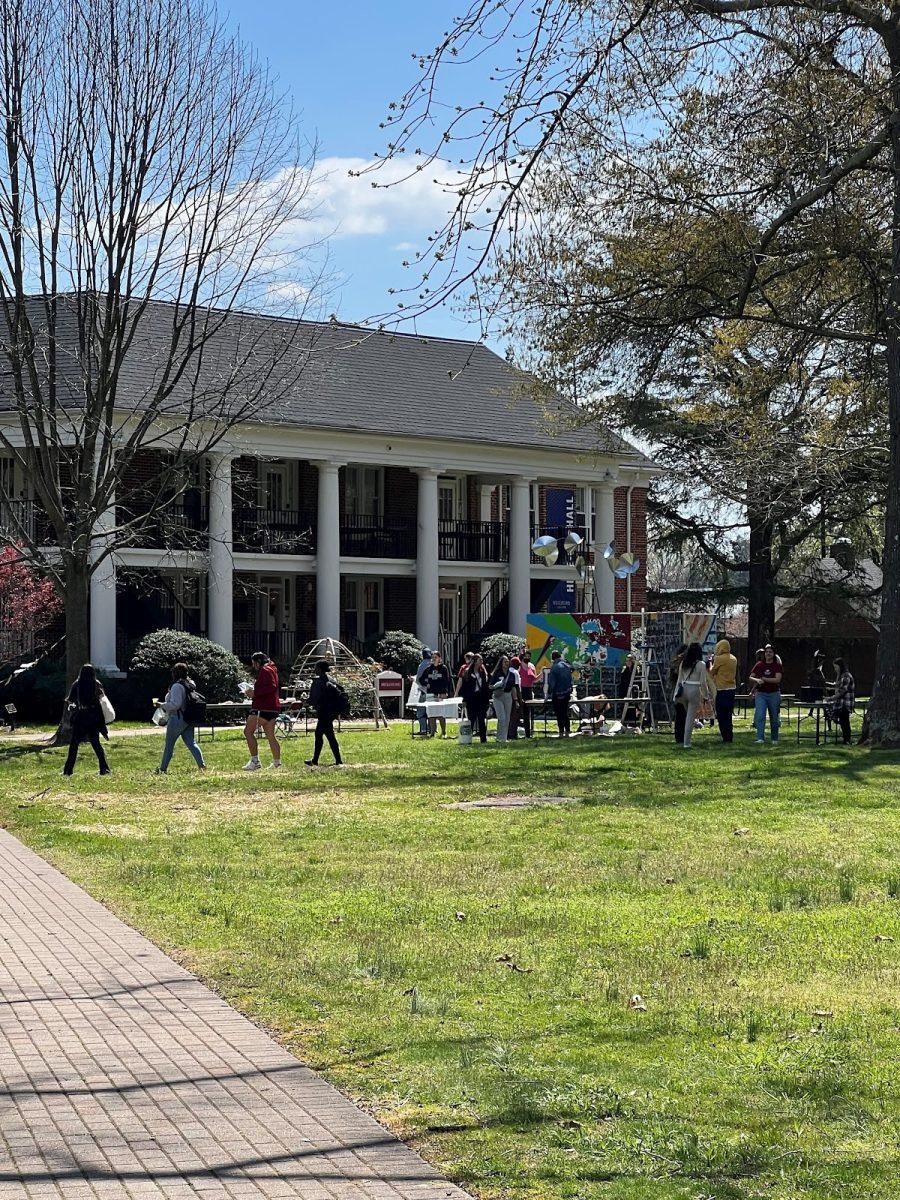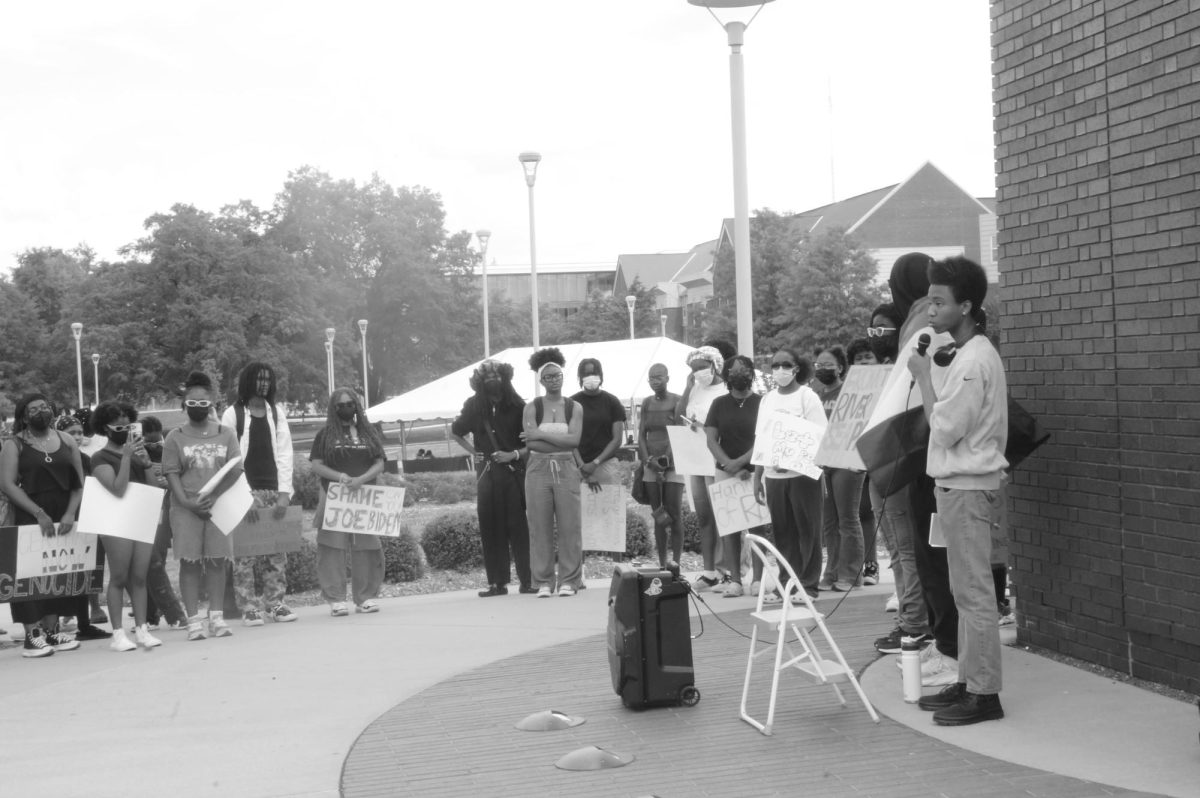While you wait in line, the savory scent of roasted lamb wafts through the air, mixing with the honey sweetness of loukoumades boiling not five yards away. You revel in the sound of the sharp jangle of the bouzouki contrasting with the low-toned guitar. And when you finally sit down with your gyro, the rich taste of the wrap is cleansed by the refreshing bite of retsina wine as you watch the throngs bounce to the traditional 10-step folk dance.
All in all, the Greensboro Greek Festival is a sensual experience. Taking place annually on the third weekend of September at the Dormition of the Theotokos Greek Orthodox Church, the Festival is a three-day taste of a vibrant culture.
I should know, for the Festival has always been a part of my life. Every third weekend of September until I turned 18, I was one of the Opa Dancers. Composed of the church’s schoolchildren, the Opa Dancers serve as the Festival’s primary entertainment, performing authentic Hellenic steps once an hour to the syncopated rhythms of Greek folk music.
Greek music itself is unlike any other Western form. Often performed in odd time signatures with strange stresses of rhythm, beat and timbre, Greek folk songs exhibit the Eastern influence prevalent in the culture itself. Perhaps the most prominent fixture of Greek music is the bouzouki, a long-necked mandolin with a bowled body and a distinctive, twangy chime.
When I was young, the entertainment was my only focus, but as I matured, I realized that the three-day event takes monumental preparation and effort.
“We start working on arrangements for the Festival beginning in January,” Festival Co-Chairman Brier Gay told The Guilfordian. “That’s when we start divvying out duties to the workers. … We rely on about 100 volunteers from the church, and we hire a handful of people to assist with setting up the tents, placing tables and chairs, clean-up and everything else.
“Thankfully, we’ve been at it for so long, we’ve memorized our jobs.”
I finally began acknowledging how much goes into the Festival after graduating from the dancing stage. Since then, I’ve performed many duties for the Festival, from cleaning spinach for spanakopita to cubing chicken for souvlaki to cooking loukoumades — doughballs coated with honey and cinnamon.
“On Friday, I got here at 9:00 in the morning,” said Clarke Gilliam, one of the loukoumade makers. “I didn’t get home until 11:30 (at night), after cleaning the fryer and everything.”
Of course, one of the biggest draws of the Festival is the gyro stand, which serves pita wraps stuffed with souvlaki or gyro and topped with chopped tomatoes and tzatziki.
“We spend a day or two putting the grill tent together, including the wiring and plumbing,” said Zack Touloupas, one of the head grillers. “We spend two more days — four or five hours at a time — cutting and cubing the marinated chicken and pork.
“Including the gyro meat, we serve about two tons of meat over the course of the festival.”
I asked Touloupas about the hot dogs they also serve. “I provide them from my own restaurant.” He added with a wink, “They’re a family secret.”
Toe-to-toe with the outside food is the pastry shop. The women of the church spend weeks baking thousands of sweets, ranging from baklava to kourabiedes — cookies covered with powdered sugar.
“We bake them at the church and freeze them here,” said Lula Culler, one of the pastry shop workers. “We try to make a surplus, but sometimes we sell out anyway.”
Obviously, every facet of the Greek Festival takes a huge investment of each volunteer’s time. As a kid, all I did was dance, and learning those steps and rehearsing those dances robbed my peers and me of many summer Sundays. But when the Greensboro community crowded under the tent and applauded our sweat and coordination, we knew the reward was worth the time and effort.
Despite all the hard work which goes into putting on the Festival, everyone has fun. Whether volunteer or spectator, we all see the Greek Festival as a glorification of life, at time when the bouzouki rings over the din of the crowd and we celebrate long summer days waning into cool autumn nights.
[photomosaic nggid=49]












